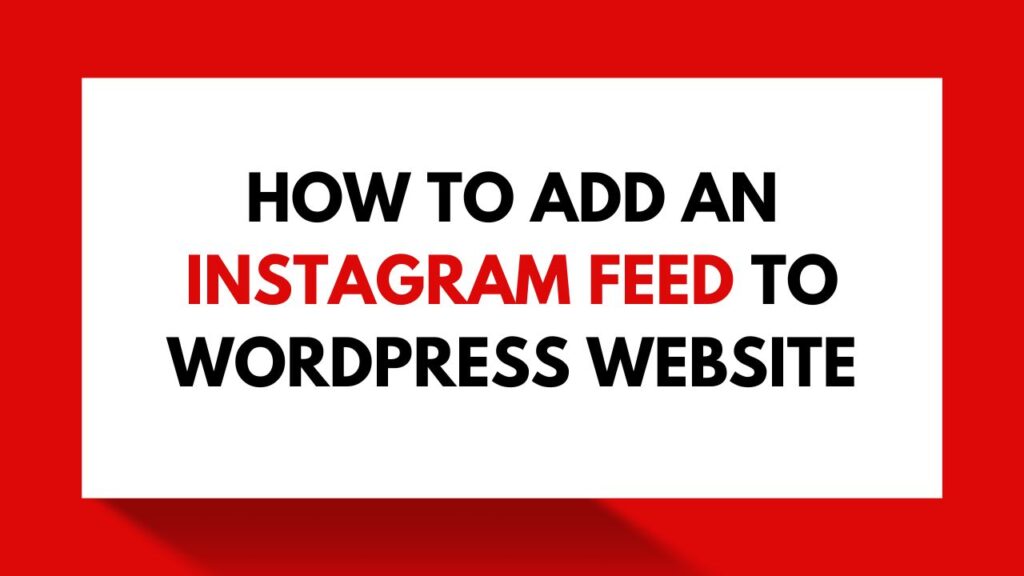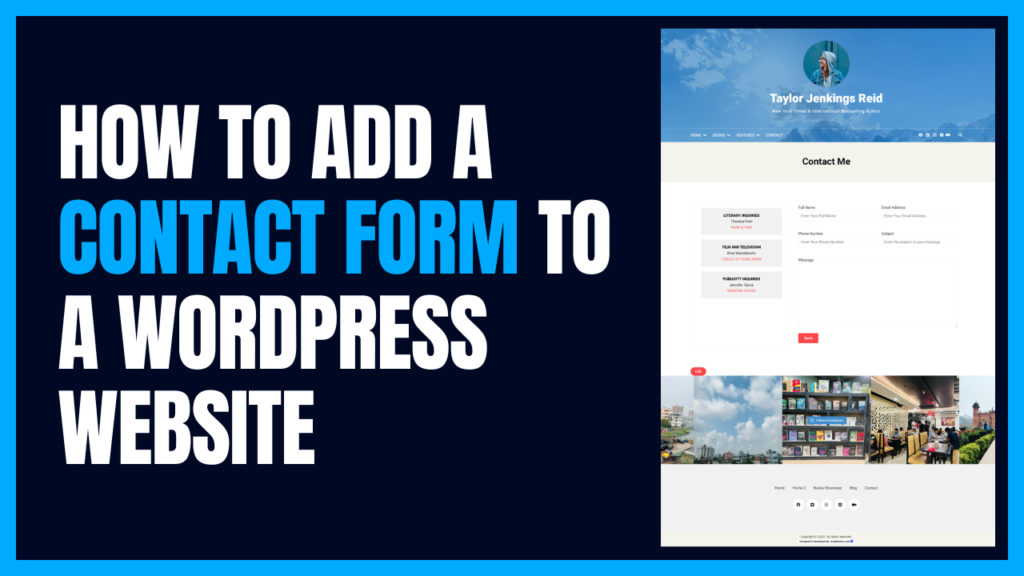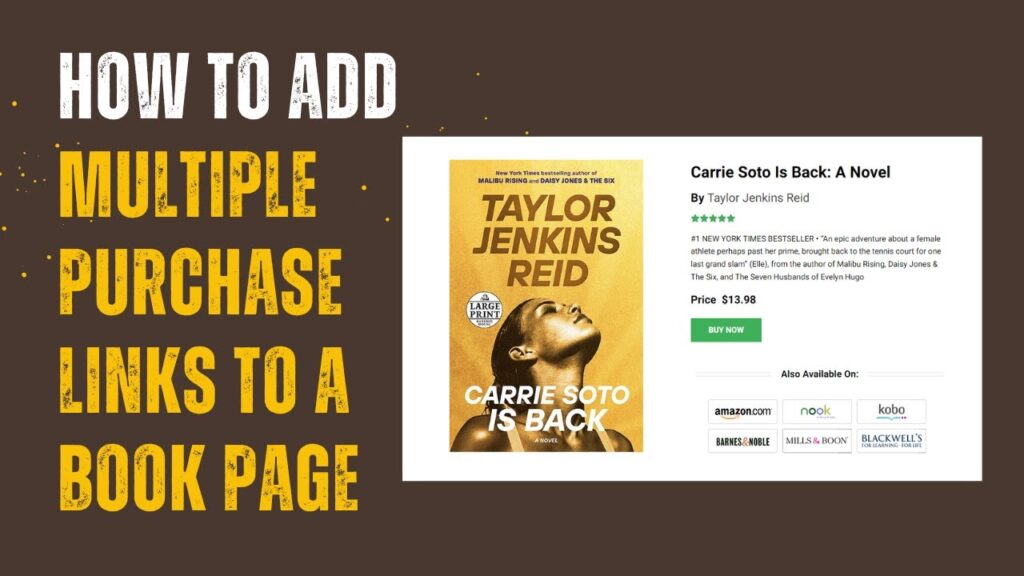
What should an Author Website Include? An author website serves as a central hub for all of your online presence and is essential for building your brand and reaching your readers. But with so many options for what to include on your website, it can be overwhelming to know where to start.
In this post, we’ll explore the key elements that every author website should include in order to effectively engage with your audience and achieve your goals. These elements include a bio, contact information, social media links, published works, an event calendar, a blog or news section, testimonials, and extras such as newsletters and resources. By including these elements, you’ll be able to create a comprehensive and engaging website that establishes your brand and connects you with your readers.
15 Elements You Should Consider Adding Your Author Website.
- Bio/About page: This page should give readers an idea of who you are and what you do. Include information about your background, education, and any relevant experiences you have that relate to your writing. You can also include personal details, such as your hobbies and interests, to give readers a sense of your personality.
- Contact information: Make it easy for readers to get in touch with you by including your email address and any social media links on your website. You may also want to include a contact form for readers to fill out if they have questions or comments.
- Social media links: Be sure to include links to your social media profiles, such as Twitter, Facebook, and Instagram, on your website. This will allow readers to follow you on social media and stay up-to-date on your latest updates and news.
- List of published works: This can be a simple list of your books, or you can include more detailed information such as summaries, covers, and links to purchase.
- Event calendar/tour schedule: If you have upcoming events or book tours, be sure to include a calendar or schedule on your website. This will allow readers to see where you’ll be and when, and make it easier for them to come to see you in person.
- Blog/news section: A blog or news section is a great way to keep your readers informed about your latest updates and news. This could include announcements about new releases, updates on your writing progress, or behind-the-scenes looks at your work.
- Testimonials/reviews: Including testimonials and reviews from readers can help build trust and credibility with your audience. You can include these on a separate page or feature them prominently on your home page.
- Extras: Depending on your goals and preferences, you may want to include other elements on your author website such as a newsletter sign-up form, downloadable resources, or merchandise for sale. Be creative and think about what will be most useful and engaging for your readers.
- Excerpts or samples of your work: Providing a taste of your writing can help attract new readers and give them a sense of your style and voice. You can include a few sample chapters, short stories, or poems on your website.
- Videos or podcasts: If you have any videos or podcasts related to your writing or your books, you can include them on your website as a way to engage with your readers in a different way.
- Behind-the-scenes content: People love getting a peek behind the curtain, and you can use your website to give readers a behind-the-scenes look at your writing process, your research, or your inspiration.
- Author Q&A: Consider creating a section on your website where you answer frequently asked questions from readers. This could include questions about your writing process, your inspirations, or your plans for future projects.
- Writing tips or resources: If you have any tips or resources that you’d like to share with other writers, you can include them on your website. This could include writing prompts, writing exercises, or advice on how to get published.
- Author events: If you have any upcoming author events, you can include information about them on your website. This could include book readings, workshops, or other events that you’ll be participating in.
- Press kit: If you have a press kit available, you can include a link to it on your website. This will make it easier for journalists, reviewers, and other industry professionals to get the information they need about you and your work.
Tips for designing your author website:
Keep it simple and easy to navigate: A cluttered or confusing website can be a turn-off for visitors. Keep your layout clean and uncluttered, and use clear headings and subheadings to help visitors find what they’re looking for.
Use professional-looking graphics and images: Your website is a reflection of you and your work, so make sure to use high-quality graphics and images. This includes everything from your website’s banner and logo to the images you use to illustrate your blog posts.
Make it mobile-friendly: More and more people are using their phones and tablets to browse the web, so it’s important to make sure your website is mobile-friendly. This means that it should be easy to read and navigate on a small screen and that all of the features and functions should work properly on a mobile device.
Include calls to action: A call to action is a statement that encourages your visitors to take a specific action, such as signing up for your newsletter or purchasing your book. Be sure to include calls to action on your website to help you achieve your goals and engage with your readers.
Use a professional-looking website template: While you can certainly create your own website from scratch, using a professional-looking template can save you time and help you create a more polished and professional-looking website. There are many templates available specifically for author websites, or you can use a more general template and customize it to fit your needs.
Use strong, compelling copy: The words you use on your website can be just as important as the design. Use strong, compelling copy to engage your readers and encourage them to take action. This includes your bio, your book descriptions, and any other content you include on your website.
Make it easy for readers to find your books: If you want to sell books through your website, make sure it’s easy for readers to find your books and purchase them. This could include links to online retailers such as Amazon or Barnes & Noble, or a shopping cart feature if you’re selling books directly from your website.
Use social media to drive traffic to your website: Your social media profiles can be a great way to drive traffic to your website. Be sure to include links to your website on your social media profiles and encourage your followers to check out your website for more information about your work.
Update your website regularly: A stale website can be a turn-off for visitors, so make sure to update your website regularly with fresh content. This could include new blog posts, updates on your writing progress, or announcements about upcoming events or releases.
Related Articles For Authors
- 10 Best WordPress Themes For Authors and Writers 2024
- How to Create an Author Website on WordPress in 2024
- How to add a book gallery to a WordPress website
Conclusion:
As an author, having a website is an important way to connect with your readers and establish your brand. In this post, we’ve discussed the key elements that every author website should include, including a bio, contact information, social media links, published works, event calendar, blog or news section, testimonials, and extras such as newsletters and resources. By including these elements, you’ll be able to create a comprehensive and engaging website that serves as a central hub for your online presence. We encourage you to take the time to build your website and share it with your readers. The more they interact with your website, the more connected they’ll feel to you and your work.





![How to add a book slider to a WordPress website [ Step By Step Guide ]](https://rswpthemes.com/wp-content/uploads/2023/07/how-to-add-book-slider-to-WordPress-website-1024x576.png)
